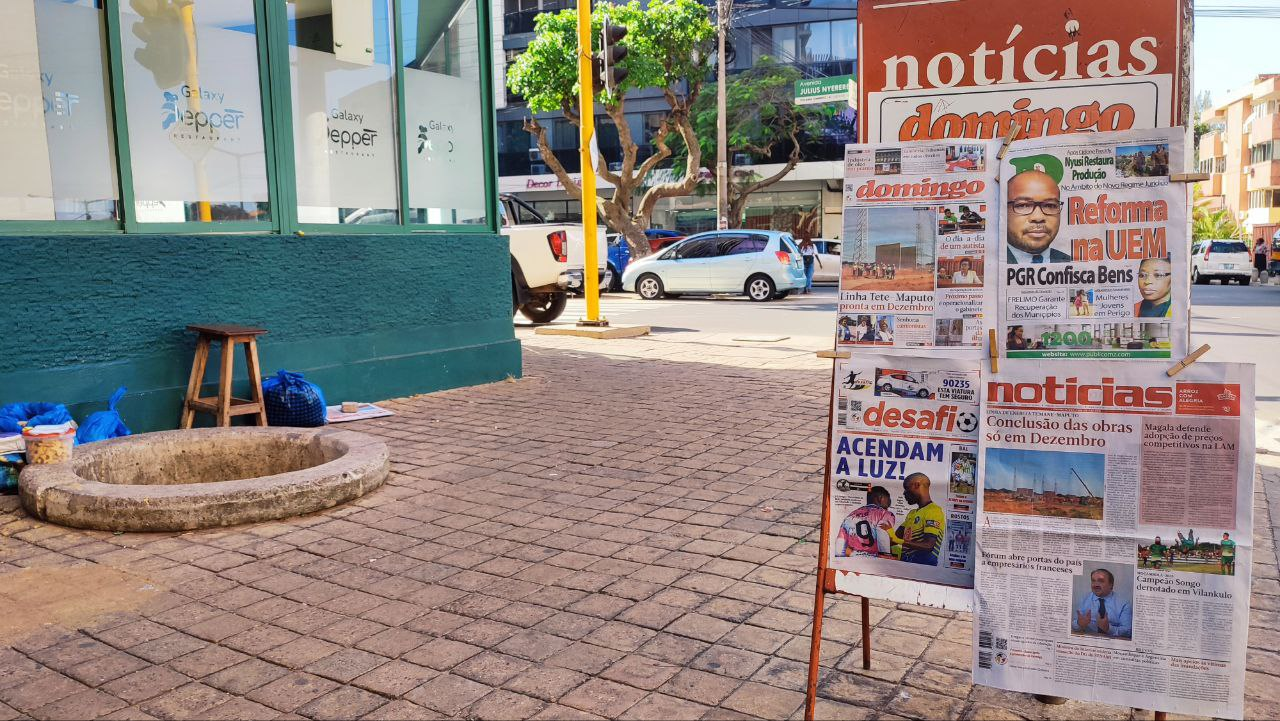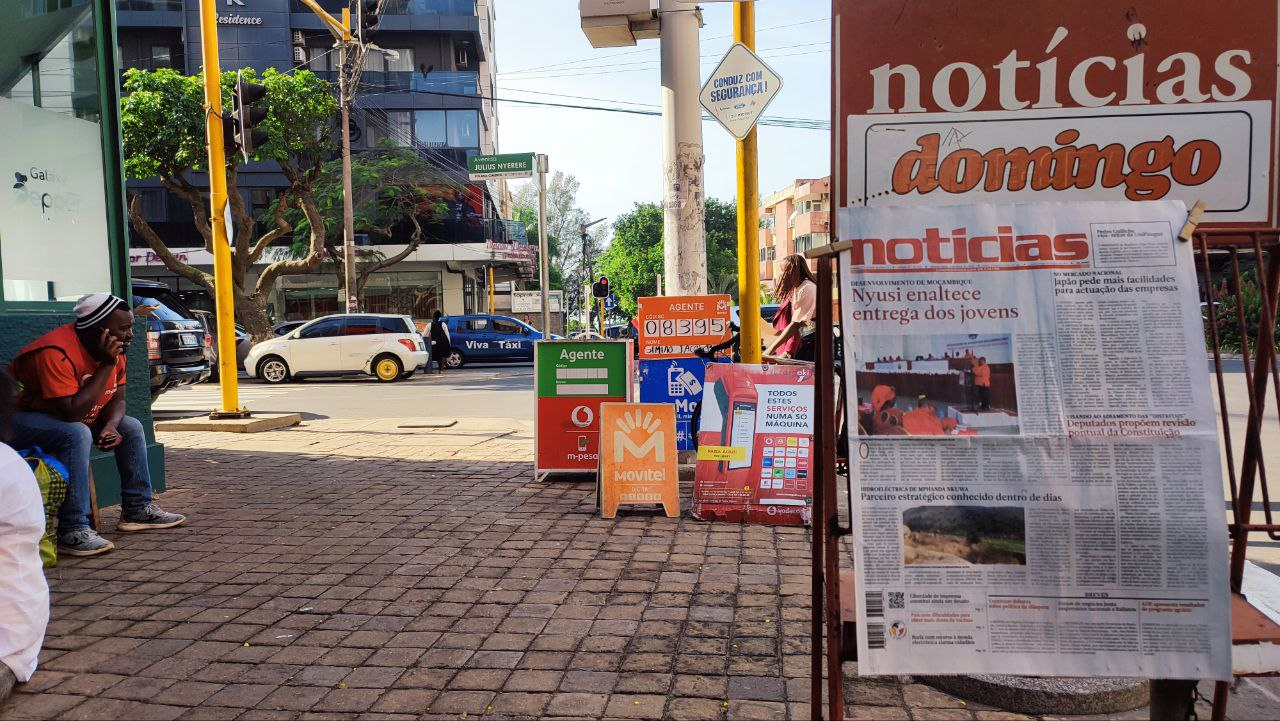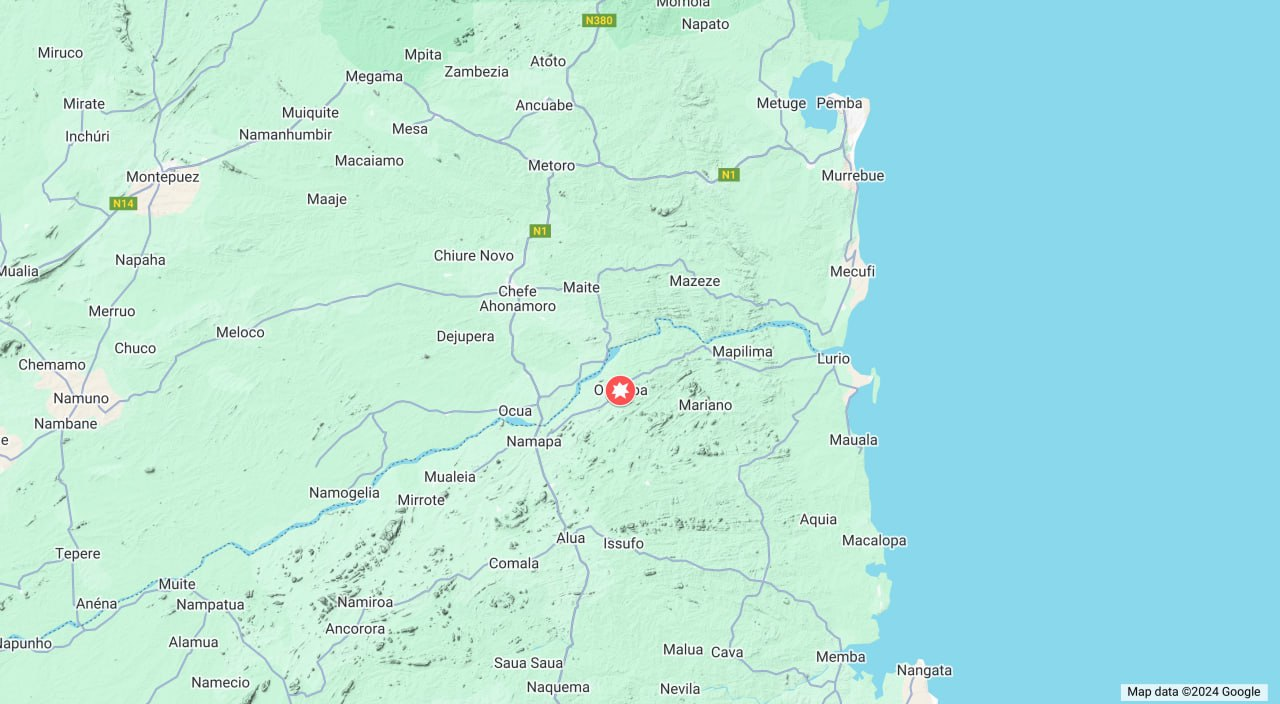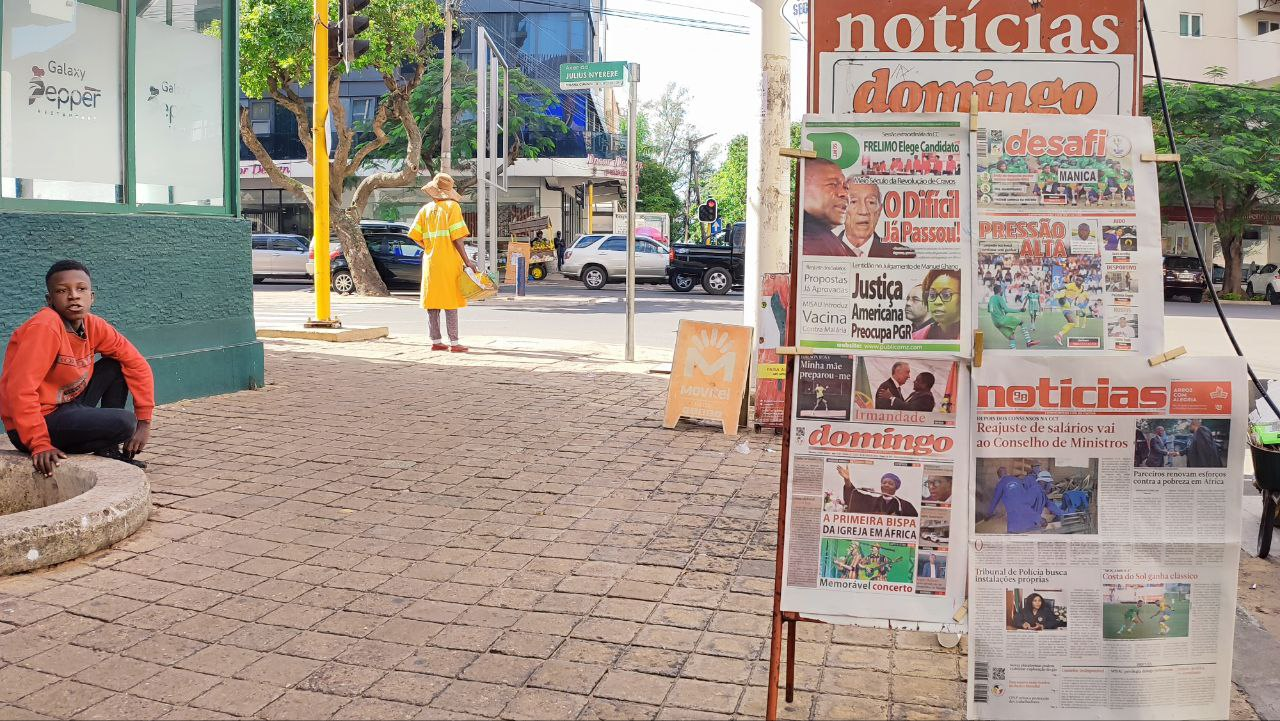Good afternoon. The work of United Nations official Paula Betancur, which we report on below, highlights the miserable condition of people living in camps in the provinces of Cabo Delgado and Sofala, having been forced to leave their homes. The violent insurgency in Cabo Delgado is the best-known cause of this, but people have also been displaced by natural disasters and industrial projects. The first two groups in particular are not receiving the support they need.
Betancur’s preliminary findings show that the displaced population continues to struggle to support itself. As we mentioned in yesterday’s leader, plots of land distributed to the migrants are either too small, or they are unable to access them because of resistance from locals. Other means of sustenance, such as jobs, are nonexistent. As a result, some are resorting to prostitution in order to get food vouchers, in collusion with the local distribution partners of aid agencies, or even with government officials. The stigma associated with sexual exploitation, and the fear of being cut off from aid, means that women have avoided reporting the practice, which is long-running.
In addition to the 627,000 displaced people in Cabo Delgado in August this year, about 540,000 have returned homewards, according to Betancur, although many have not made it back to their original home town or village. However, both camp-dwellers and returnees face problems that go beyond their mere survival. Basic services in many parts of Cabo Delgado are missing due to the effects of the insurgency: this includes access to justice, so that there is no way of reporting human rights abuses of vulnerable people. Many of the displaced lack documentation which can prove land tenure or prevent child marriage (another live issue: see below). People from rural backgrounds are frequently unskilled, making it hard to get a job if they are unable to support themselves through farming and fishing. The displaced also have no access to psychotherapy.









